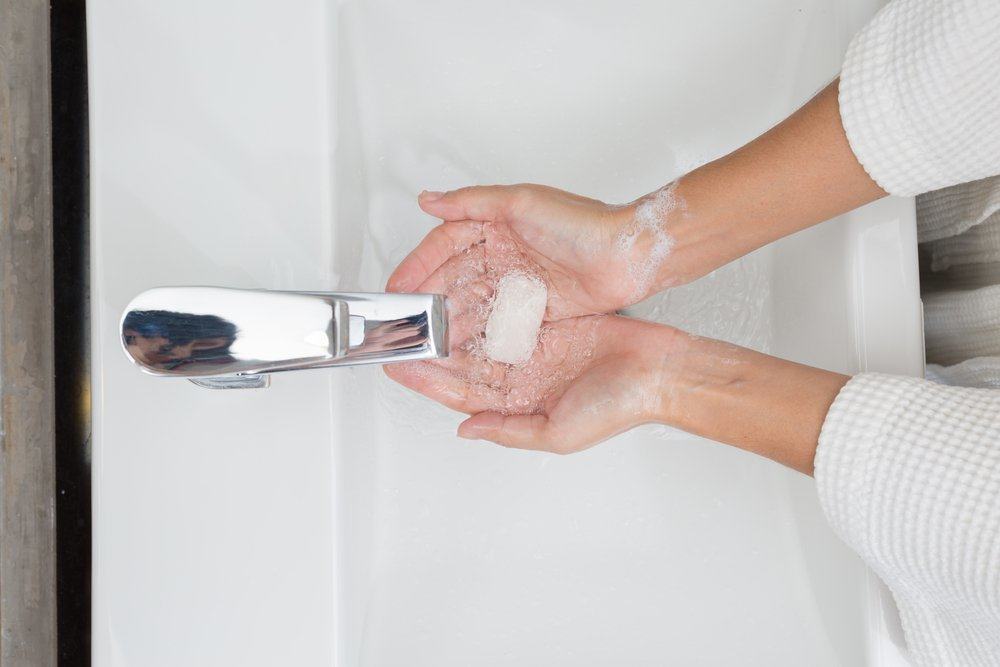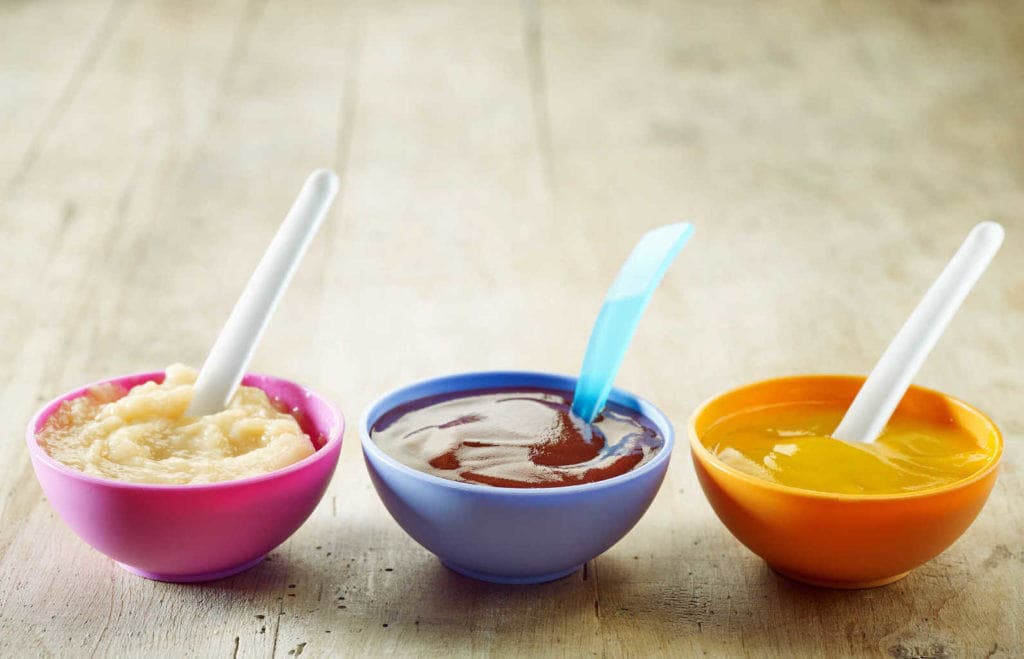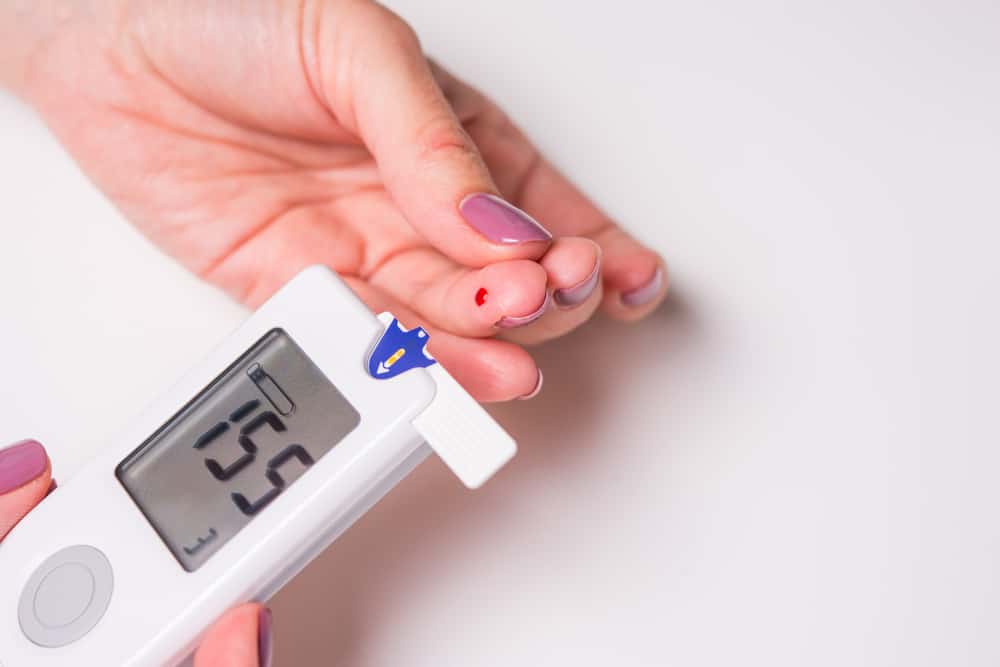Contents:
- Medical Video: How Germs Spread | Explaining the Science for Kids
- How dirty are your hands to cause infectious diseases?
- Why can hand washing prevent infection?
- Then how often do we have to wash our hands?
Medical Video: How Germs Spread | Explaining the Science for Kids
How often do you wash your hands a day? Is it often? Or even rare? You probably already know that you should wash your hands before eating or after going to the bathroom. But are you just washing your hands at that time? Do you know how many germs, parasites and disease bacteria are in your hands?
How dirty are your hands to cause infectious diseases?
The skin is the body's first defense to defend the body against attacks from foreign substances, including germs, parasites and disease bacteria. Bacteria do cause disease and some are harmless. According to experts even stated that human skin has as many as 10 million per cm2 non-pathogenic and harmless bacteria. Then what about bacteria that are dangerous and cause disease?
Without your awareness, your hands are actually full of various kinds of germs and bacteria that can cause infectious diseases if they enter the body. You can get disease or non-disease bacteria from anywhere. Because of its small size, bacterial diseases cannot be seen by naked eye. So, you don't know and can't see how many bacteria are in your hands.
Many things make hands dirty and contain bacteria, for example shaking hands. Even research published in the Journal of Nursing in 2011 showed that just shaking hands with other people for just a few seconds can cause bacterial diseases to move and spread.
From another study conducted by researchers from Queen Mary University of London, stated that all respondents who participated in the study had bacteria and germs in their hands and there were at least 26-30% of bacteria from animal or human feces. In fact, 25% of respondents experienced severe bacterial contamination, because in their hands the number of bacteria found was 2-3 times compared to other respondents.
Why can hand washing prevent infection?
Did you know that in fact 80% of infectious diseases can be transmitted through touch and contact with contaminated objects. The habit of washing hands with soap can keep us from infectious diseases, because:
- People very often touch their faces, such as their nose, eyes, and mouth without realizing it. Even though bacteria and germs easily enter the body through all of these senses and ultimately make us sick.
- Disease bacteria and germs that are on hand that are not washed, will enter food and drink when someone is preparing food or when consuming it. In fact, bacteria and germs can multiply if there are certain types of food or drink.
- Disease bacteria and germs found in hands that are not clean, can be transmitted to various objects or items that will be held by other people, such as tables, toys, or even other people's hands when you make contact with that person.
Even according to the Centers for Disease Control and Prevention states that handwashing habits can reduce the level of diarrhea in a community by 31%. In addition, hand washing can also reduce the incidence of respiratory tract infections by around 16-21% of the total population.
Then how often do we have to wash our hands?
According to the Global Hygiene Council, you must wash your hands no less than 7 times a day. If you eat at least 3 times a day, you should wash your hands before then and this will make you wash your hands 3-4 times a day. Not to mention if you go to the bathroom, urinate or defecate, you will wash your hands more often. So it can be said that you have to wash your hands approximately 10 times a day.
Actually, it's not just just washing your hands, but you have to do good and proper hand washing so that the bacteria and germs in your hand completely disappear. Use running water and clean soap then follow the steps to wash your hands properly. After washing hands, dry your hands immediately because wet hands are 1000 times more likely to spread disease bacteria compared to dry hands.
READ ALSO:
- Viral infections and bacterial infections, how to distinguish them?
- Steps for Cleaning Cellphones from Bacteria and Germs
- Evil Bacteria in Our Body, Where Do They Come From?












